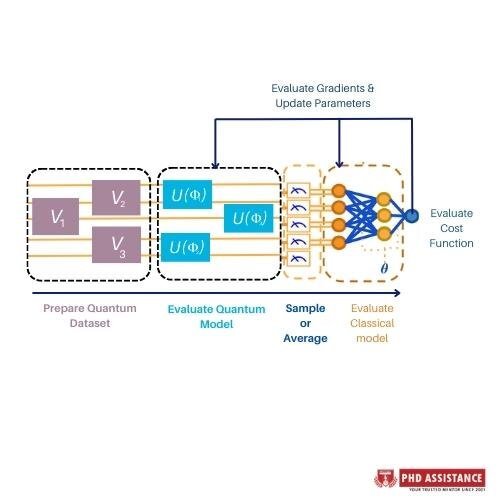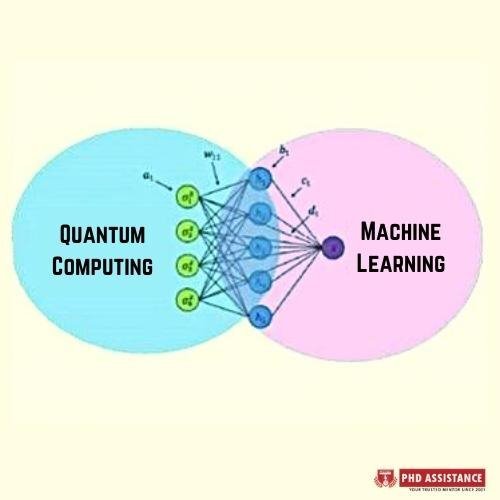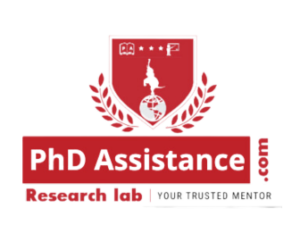QUANTUM MACHINE LEARNING IS ALL YOU NEED
Introduction
In order to solve issues that are beyond the capabilities of classical computers, quantum computing makes use of features of quantum physics. Qubits are used in a quantum computer. Qubits are similar to conventional computer bits in that they can be placed in superposition and transfer entanglement with other qubits. How quantum computers might impact machine learning is an important topic of interest. This is where quantum machine learning enters the picture; it is a theoretical area that is only now beginning to take shape. It lies at the nexus of machine learning and quantum computing (Biamonte et al., 2017).
Why quantum machine learning
There are various reasons to use quantum computing in machine learning realm, few of the reasons are listed below:
Quantum computing can be used in Deep learning and machine learning to reduce the time taken train the deep neural network. Many authors are currently performing these techniques to solve the training time issue when considering the size of dataset and deep learning model architecture learnable parameters.
The quantum state of a qubit in a quantum computer is a vector in a 2a-dimensional complex vector space. In this area, numerous matrix transformations take place. The Fourier Transform, identifying eigenvectors and eigenvalues, and resolving linear sets of equations over 2-dimensional vector spaces can all be solved by quantum computers in polynomial-time.
As discussed before about the eigen values and vectors, The computation of eigenvectors and eigenvalues is another problem with traditional computers. The set of related eigenvectors and eigenvalues increases in proportion to the input’s higher dimensionality. Quantum Random Access Memory (QRAM), which selects a data vector at random, enables quantum computers to handle this problem quickly and efficiently. It employs qubits to translate the vector into a quantum state. Logarithmic qubits are included in the summarised vector that results from quantum principal component analysis. A dense matrix is created by the specified random vector.

How to perform quantum machine learning
There are some concepts in math and linear algebra that are important to understand quantum machine learning. Knowing some basic Python is also very useful if you want to program an algorithm using some of the most popular frameworks available. Machine learning and quantum computing are two major topics which needs to be understood in order to perform quantum machine learning and quantum computing (Cerezo et al., 2022).
The goal of machine learning is to utilise computers to find trends in data and extrapolate those patterns and trends to data that has never been seen before. It entails creating a computer algorithm that, without being explicitly designed, may increase its performance on a job (learn). Quantum machine learning has many ideas that are connected to optimization. Identifying the sources that will result in the best feasible output for a particular problem is the goal of optimization problems, which can be found in a wide range of academic disciplines. Once a cost function has been established, an optimization approach must be chosen. Generally speaking, you reduce your objective functions by taking a set of actions that ultimately result in the lowest cost (Schuld et al., 2015).

Math behind quantum machine learning
The study of both quantum computing and (quantum) machine learning and quantum deep learning requires knowledge of a number of mathematic concepts. Those are –
- Linear algebra
- Vectors and Matrices
- Calculus
- Vectorization
- Eigen values and vectors
- Gradient descent
Conclusion
Artificial intelligence has a bright future due to the idea of quantum machine learning. However, excitement also carries the risk of disinformation, especially since quantum machine learning have not yet realised its full potential and still need to have its individual intricacies well understood. Neural networks have a long way to go before quantum computing is used in them. However, in light of the possibility that AI will run out of computer power in the not-too-distant future, quantum machine learning may be the idea that offers AI the long-term renewal it requires.
At PhD assistance, our qualified specialists constantly strive to provide the best assistance for your Phd dissertation writing. Therefore, you may always get in touch with us for the prompt standard service without any hesitation.
References
Biamonte, J., Wittek, P., Pancotti, N., Rebentrost, P., Wiebe, N., & Lloyd, S. (2017). Quantum machine learning. Nature, 549(7671), 195–202.
Cerezo, M., Verdon, G., Huang, H.-Y., Cincio, L., & Coles, P. J. (2022). Challenges and opportunities in quantum machine learning. Nature Computational Science, 2(9), 567–576.
Schuld, M., Sinayskiy, I., & Petruccione, F. (2015). An introduction to quantum machine learning. Contemporary Physics, 56(2), 172–185.



